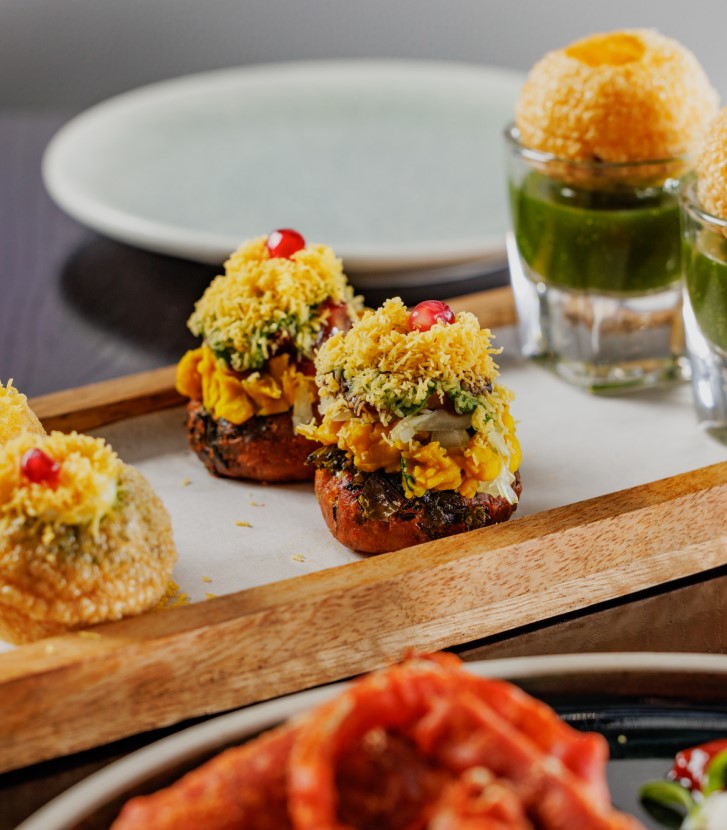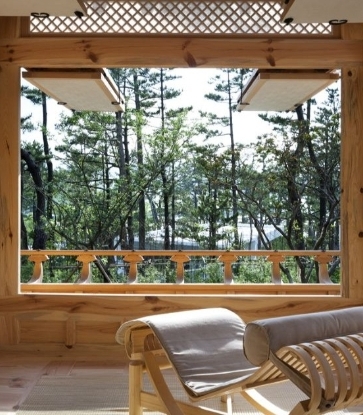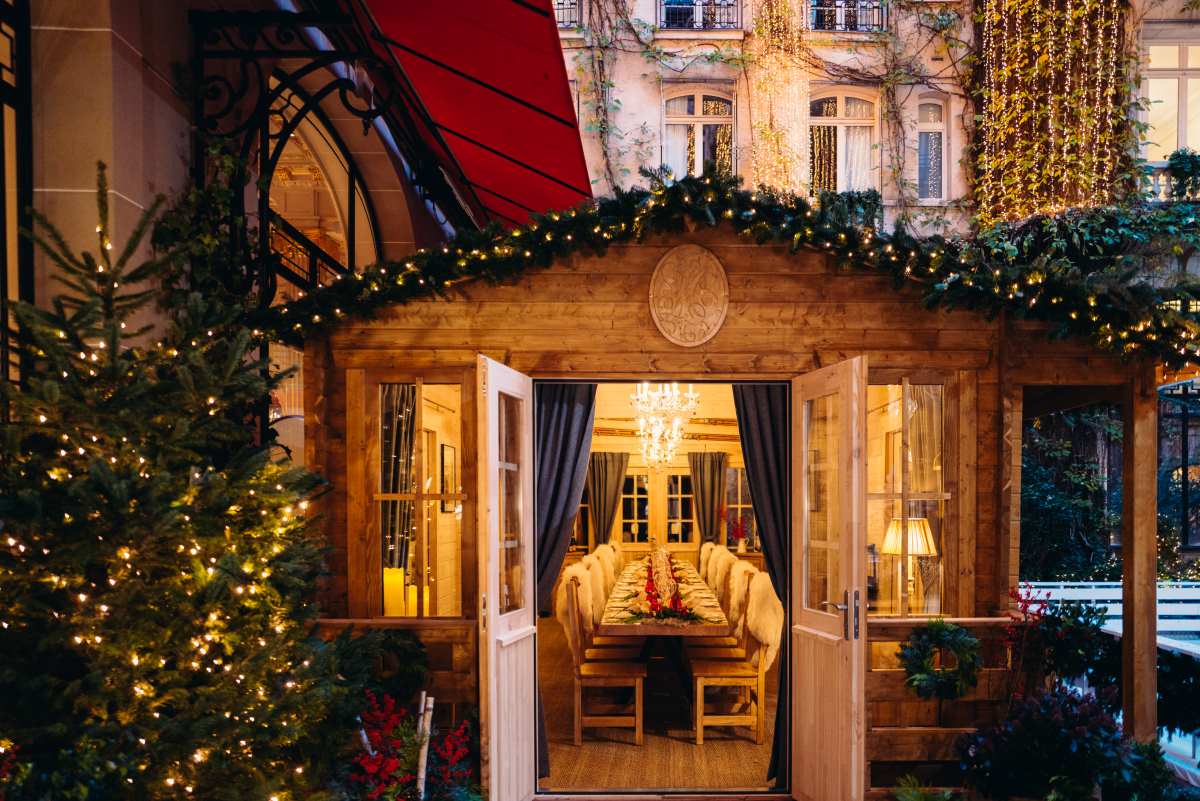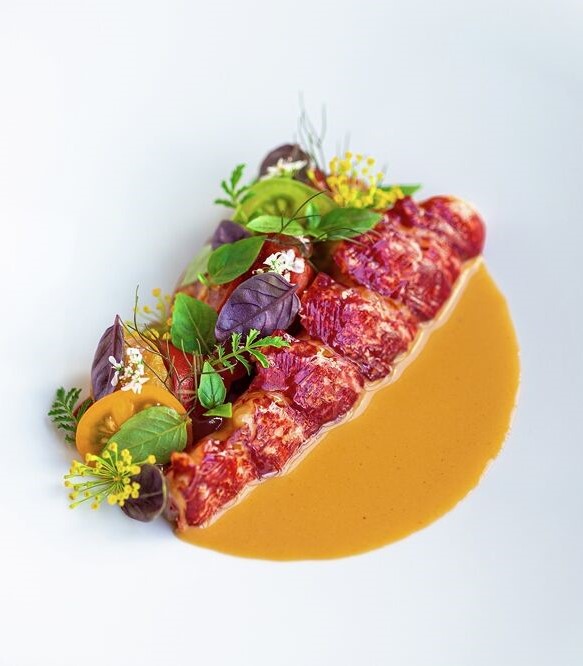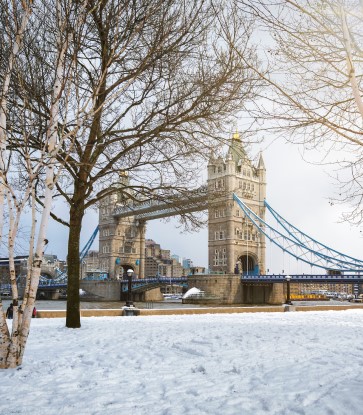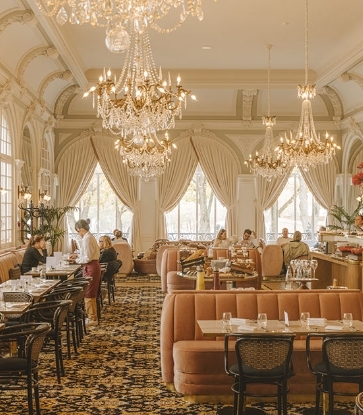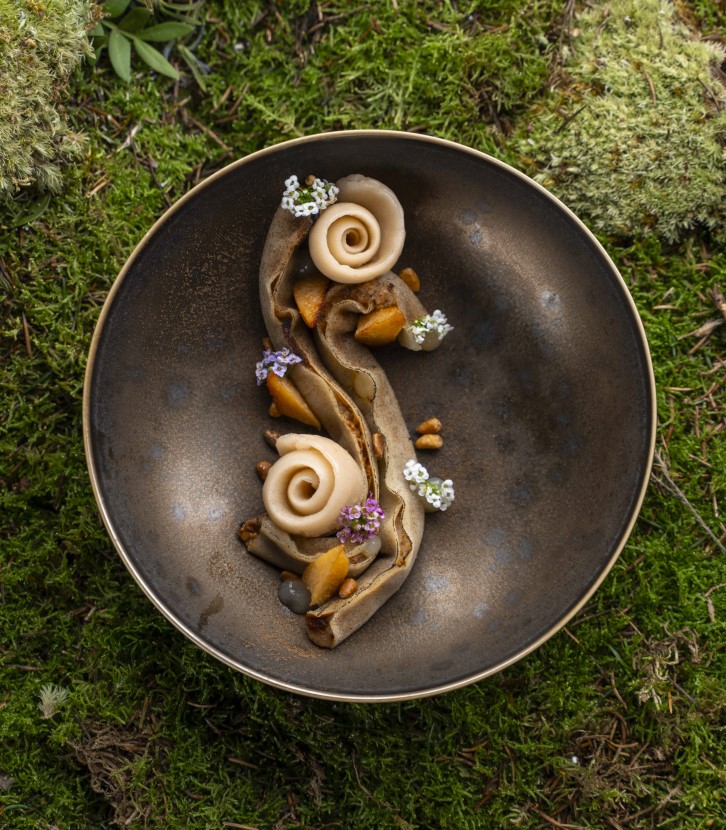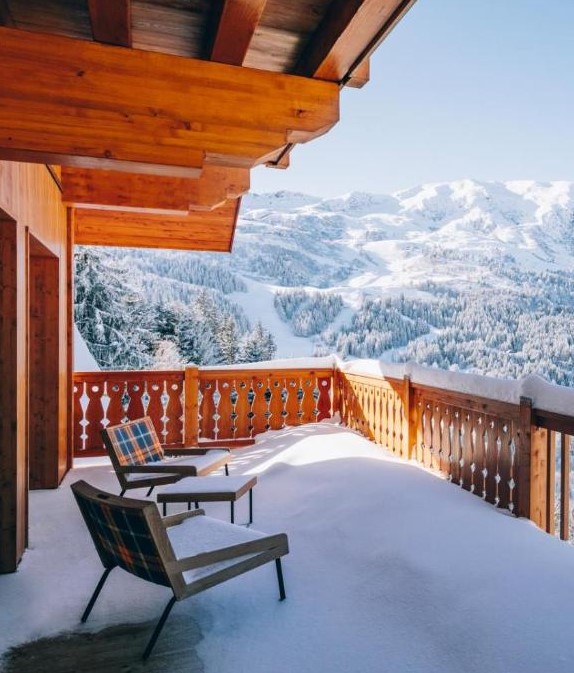Tokyo is a shopper’s dream, thanks to its endless variety of stores, exquisite craftsmanship, and famously attentive customer service. You may know the edgy streetwear of Shibuya or the luxe department stores of Ginza—but the city also boasts a thriving vintage fashion scene.
Secondhand shops offer the thrill of the hunt, where you can score one-of-a-kind pieces at accessible prices while scoring points for sustainability. From designer resale to niche Americana and retro Japanese streetwear, every corner of vintage fashion is represented—and staffed by passionate, knowledgeable experts. Bonus: many vintage stores participate in Japan’s tax-free shopping program, so don’t forget to bring your passport.

Shimokitazawa
Less than 10 minutes from both Shibuya and Shinjuku stations, Shimokitazawa is a bohemian enclave brimming with stores selling vintage clothes, shoes, and accessories. But it doesn’t stop at fashion—this neighborhood is also a haven for secondhand books and vinyl records. Shimokitazawa—affectionately known as Shimokita—attracts a mix of students, young professionals, creatives, and increasingly, savvy international shoppers. Shops showcasing vintage streetwear, denim, leather jackets, and lacy dresses sit alongside colorful accessory boutiques and quirky cafés. In fact, it’s fair to say Shimokitazawa is as well known for its thriving café culture as it is for vintage clothing. To avoid the crowds, visit on a weekday—but take your time getting there, as most vintage shops open around 11 a.m. or noon. That said, arriving early gives you the perfect excuse to explore a few cafés before diving into the racks.Getting there: Access Shimokitazawa station by taking the Odakyu Line from Shinjuku or the Keio-Inokashira Line from Shibuya.
While you’re there: Take a break from shops at the Kitazawa Hachiman Shrine, a 10-minute walk from the south side of the station. If you’re visiting in February or early March, check out the plum blossoms at Hanegi Park, a 15-minute walk in the other direction.
Nearby Restaurant:

Koenji
Just a few train stops from Shinjuku, Koenji is a local favorite for vintage and upcycled fashion. Compared to Shimokitazawa, it has a grittier, more grown-up vibe—with fewer tourists and a stronger sense of neighborhood life. Many of the shopping areas near the station take the form of shotengai—traditional covered streets lined with a mix of shops on both sides. Vintage clothing stores are tucked in among small local businesses and chain brands, and some are even hidden upstairs, above other shops. It might take a bit of hunting to uncover them, but the rewards often include standout pieces at unbeatable prices. Koenji’s food scene is equally down-to-earth, with retro Japanese coffee shops, diners offering lunch specials, and cozy izakaya (Japanese-style pubs) where locals gather after work. Once the epicenter of Tokyo’s punk rock scene in the ’70s and early ’80s, Koenji still carries that rebellious energy in its thriving live house (live music club) scene.
Getting there: Access Koenji station by taking either the Chuo line or the Chuo-Sobu line from Shinjuku.
While you’re there: Located just steps from the South Exit of Koenji station, Koenji Hikawa Shrine is the go-to spot for prayers for good weather. Visitors typically write their wishes on small wooden tablets called ema, but the ones here are especially unique—shaped like geta, traditional wooden sandals. This design is inspired by a children’s game where sandals are tossed to predict the next day’s weather. If you’re in Tokyo at the end of August, don’t miss the lively and much-loved Koenji Awa Odori Dance Festival, when around 12,000 performers take to the streets for a joyful, high-energy parade through the neighborhood.
Nearby Restaurant:

Related articles:
Hero image: In Tokyo, browsing racks of one-of-a-kind garments is practically a national sport. © Page Light Studio




